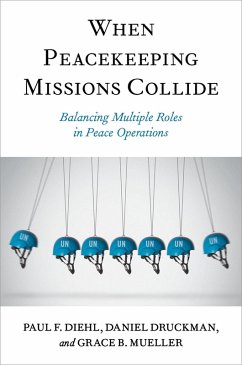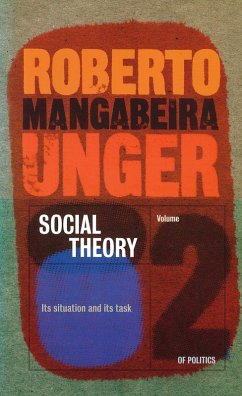
Guilt (eBook, ePUB)
A Force of Cultural Transformation

PAYBACK Punkte
8 °P sammeln!
Across the globe guilt has become a contentious issue in discussions over historical accountability and reparation for past injustices. Guilt has become political, and it assumes a highly visible place in the public sphere and academic debate in fields ranging from cultural memory, to transitional justice, post-colonialism, Africana studies, and the study of populist extremism. This volume argues that guilt is a productive force that helps to balance unequal power dynamics between individuals and groups. Moreover, guilt can also be an ambivalent force affecting social cohesion, moral revolutio...
Across the globe guilt has become a contentious issue in discussions over historical accountability and reparation for past injustices. Guilt has become political, and it assumes a highly visible place in the public sphere and academic debate in fields ranging from cultural memory, to transitional justice, post-colonialism, Africana studies, and the study of populist extremism. This volume argues that guilt is a productive force that helps to balance unequal power dynamics between individuals and groups. Moreover, guilt can also be an ambivalent force affecting social cohesion, moral revolutions, political negotiation, artistic creativity, legal innovation, and other forms of transformations. With chapters bridging the social sciences, law, and humanities, chapter authors examine the role and function of guilt in society and present case studies from seven national contexts. The book approaches guilt as a generative and enduring presence in societies and cultures rather than as an oppressive and destructive burden that necessitates quick release and liberation. It also considers guilt as something that legitimates the future infliction of violence. Finally, it examines the conditions under which guilt promotes transformation, repair, and renewal of relationships.
Dieser Download kann aus rechtlichen Gründen nur mit Rechnungsadresse in A, B, BG, CY, CZ, D, DK, EW, E, FIN, F, GR, HR, H, IRL, I, LT, L, LR, M, NL, PL, P, R, S, SLO, SK ausgeliefert werden.













